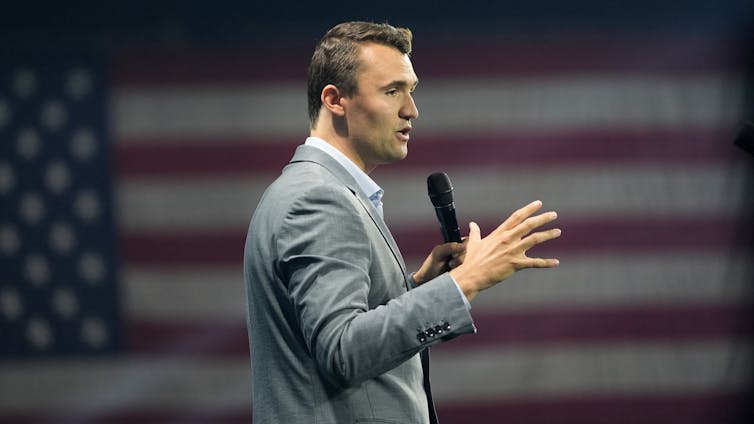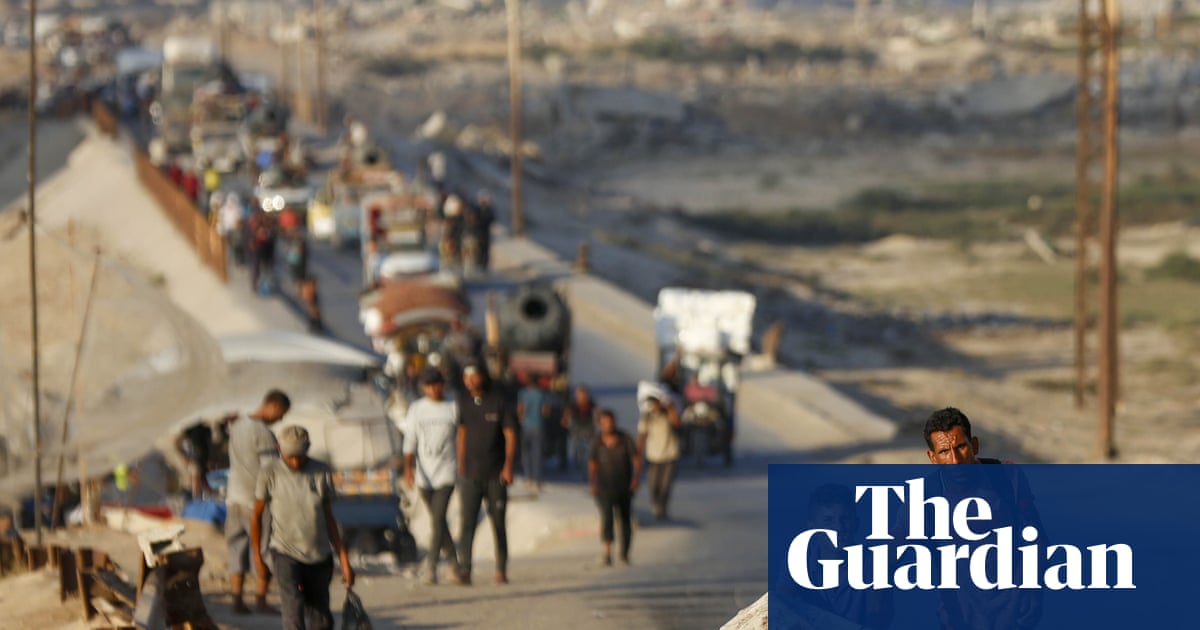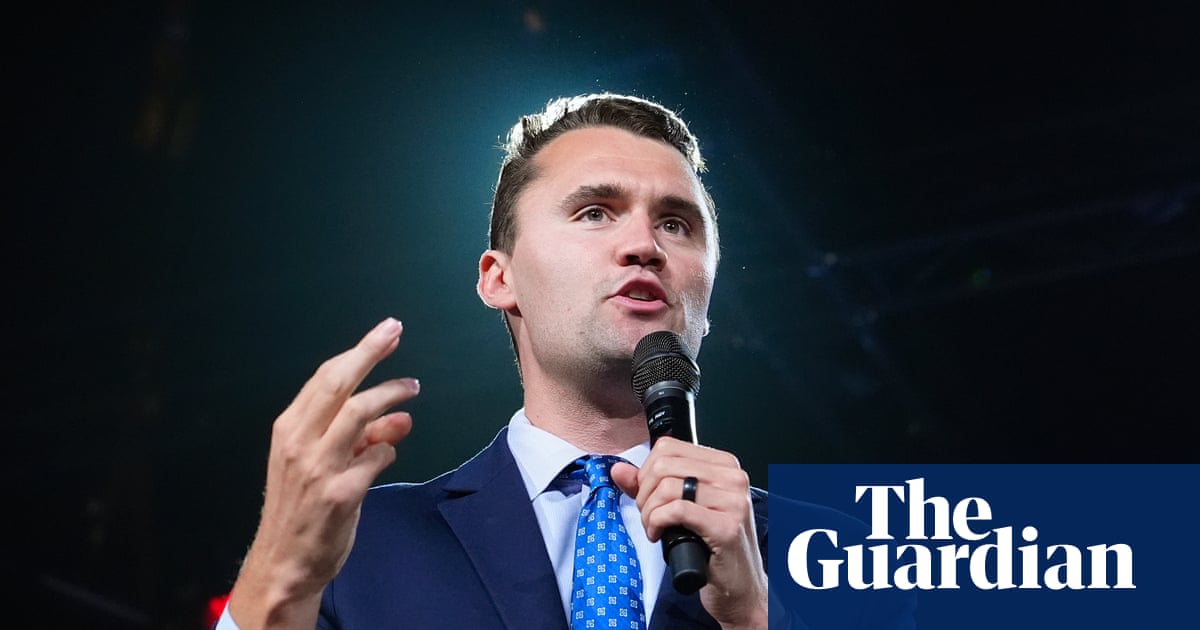The fatal shooting of prominent conservative activist Charlie Kirk on Sept. 10, 2025, has brought renewed attention to the climate of political violence in America. Kirk’s death reflects a sizable increase in threats against officeholders and politicians at the local and federal level.
Alfonso Serrano, a politics editor at The Conversation, spoke with University of Massachusetts Lowell scholar Arie Perliger after Kirk’s shooting. Perliger studies political violence and assassinations and spoke bluntly about political polarization in the United States.
Serrano: What were your initial thoughts after Charlie Kirk’s fatal shooting?
Perliger: It was a bit unusual that the attack was not against an elected official. Rarely have we seen political assassinations that are aimed at the nonprofit political landscape. Usually those people are not deemed important enough.
Secondly, and it’s something I see a lot in my research, political assassinations come in waves. We see that not only in the United States but other countries. I’ve looked at political assassinations in many democracies, and one of the things I see in a fairly consistent manner is that political assassinations create a process of escalation that encourages others on the extreme political spectrum to feel the need to retaliate. And that is my main concern. That this process creates legitimization and acceptance, that it provides the sense that this is an acceptable form of political action. This will not end here.
In 2024, there were two attempts to assassinate Donald Trump. Then, in early 2025, the residence of Gov. Josh Shapiro in Pennsylvania was firebombed on Passover, and within months the U.S. witnessed the killing of Minnesota state lawmaker Melissa Hortman and her husband, among other acts of political violence. The U.S., of course, is not immune to political violence, as we saw in the 1960s. But what stands out about this latest wave?
The data shows that there’s a substantial increase in the level of threats against officeholders at the local and federal level. What’s different now is we see an increased support in political violence from both sides of the political spectrum. Consistently, almost a quarter of the public is willing to support political violence in some form, or see that as a legitimate form of political action.
And as we see an increased political polarization, and the increased demonization of political rivals, we see the decline and disappearance of political discourse and policymaking. The bipartisan political process in Congress in the past few years has been almost nonexistent. And that spills over to the public, where the other (political) side is seen as a one-dimensional figure that is a threat.

We’ve had political polarization in the U.S. in the past, but usually it was around a specific issue like civil rights in the 1960s and the Vietnam War. But this time there is no specific issue that we can say, “If we solve this, we solve the political polarization.” The problem is that there’s no space for convergence from both sides where they can work together, so there’s no bridges they can rely on to come together.
Does it strike you that Kirk’s assassination occurred on a college campus? It seems as if college campuses have become a flash point of violence in the U.S.
Campuses are becoming more and more contentious spaces. They were always intellectual hubs where political views were debated intensively. Activism was always part of campus life. But what we’ve seen in the past year is that campus life has become in some cases more violent. And the fact that Kirk was killed on a campus is, I think, heartbreaking because campuses symbolize a place where you can engage in political debate in a way that encourages intellectual exploration.
What’s happened in the past year is that campuses are not those spaces anymore. Yes, we still see political activism, but it’s the activism that doesn’t leave any room for actual debate. It’s just two sides that are completely hostile to each other and unwilling to hear each other.
Trump on Wednesday night blamed the media and the “radical left” for language used to describe people like Kirk. He said this rhetoric is “responsible for the terrorism that we’re seeing in our country today.” Any thoughts?
I agree that language and rhetoric impact people’s behavior. I’ve seen that again and again in my studies, that the discourse of political figures impacts the way people think of the legitimacy of violence. Of course, we need to understand the context here, which is that Trump himself was willing to pardon thousands of people who engaged in political violence.
So, on the one hand, I agree with him that political leaders should be responsible for how they discuss political issues. It’s important for them to convey that political discourse can be constructive. However, we need to acknowledge that our own government, in many cases, sends signals that provide encouragement and support that legitimize violence. I think it’s important for politicians on both sides to be consistent in understanding that the way they discuss their political rivals is important.

You’re an expert on the history of political assassinations. How do countries untangle themselves from waves of political violence?
Political leaders need to insist on working together. There are lots of policy areas where politicians can work together. When we see that people can work together within the political system, that sends an important message, that there is a space where we can work together. The second thing is trying to think about how the U.S. can restructure part of the political process to ensure that there is a real competition of ideas, to incentivize a constructive, productive approach that will legitimize those who are willing to engage in constructive policymaking.
Any last thoughts?
As part of my work, I track the most extremist online social media accounts, and what we see right now is a strong sense that this assassination is being celebrated by parts of the left. And that has created an escalation of language from those in the extreme right social media ecosystem. There is much more willingness to discuss issues of retaliation, an actual civil war.
And that’s my biggest worry. If you look at social media, what we see is that both sides embrace this kind of rhetoric that really concerns me. More than ever, I’ve seen calls for retaliation and a strong sense that the other side is unwilling to show any sympathy to what happened. Emotions are running very high, and I’m very worried about what may happen in the next few weeks.

 German (DE)
German (DE)  English (US)
English (US)  Spanish (ES)
Spanish (ES)  French (FR)
French (FR)  Hindi (IN)
Hindi (IN)  Italian (IT)
Italian (IT)  Russian (RU)
Russian (RU)  3 hours ago
3 hours ago
























Comments